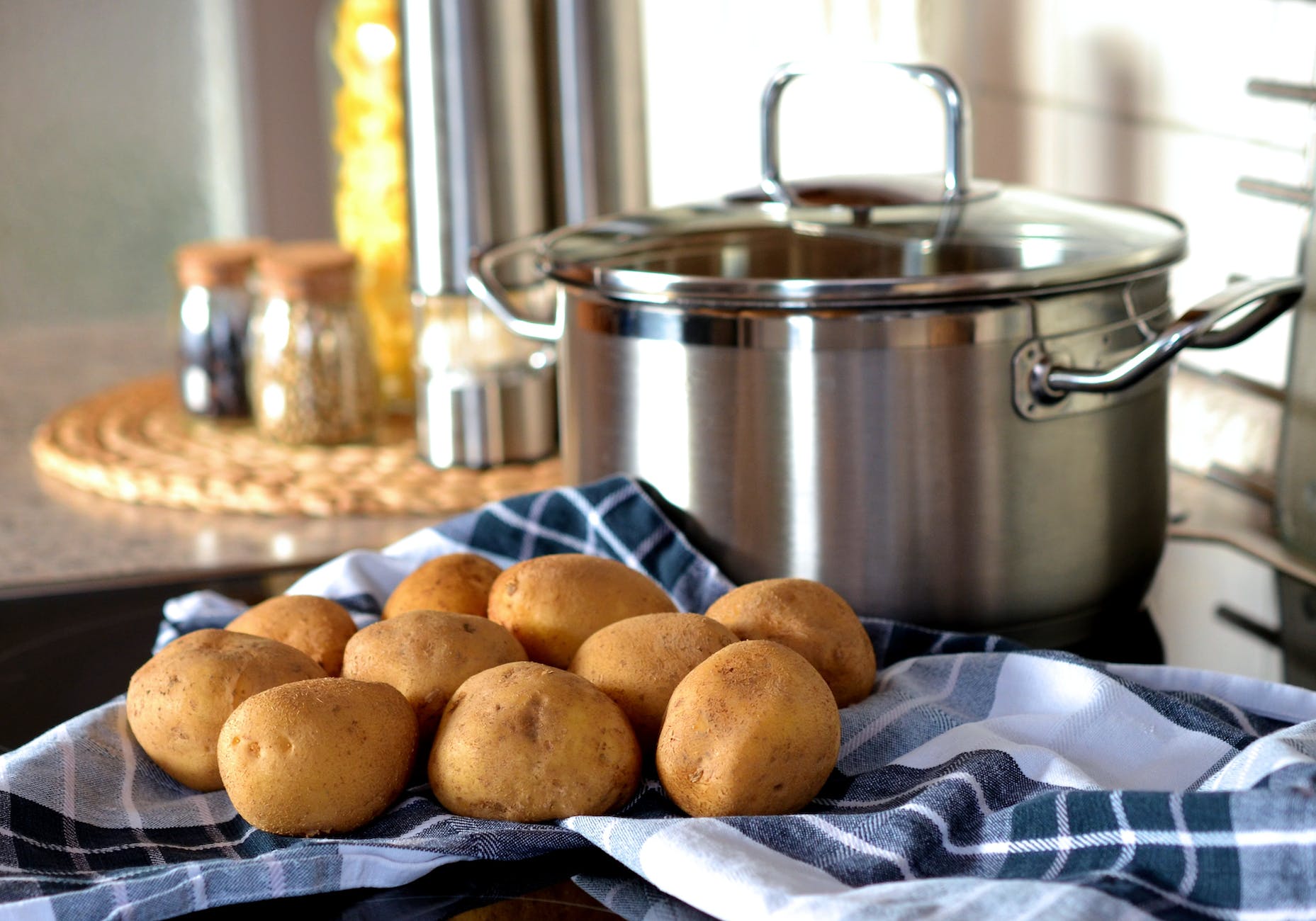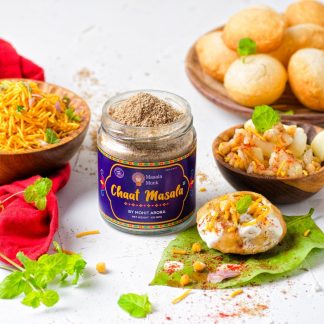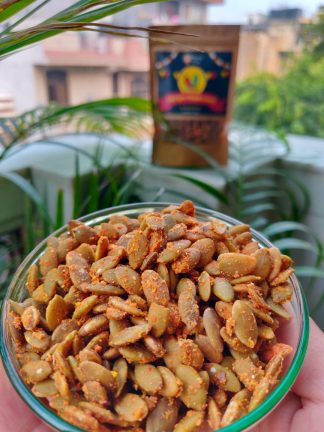
Acne, an unwelcome guest that can disrupt both skin health and self-esteem, has been a persistent adversary for people of all ages. One growing area of interest in acne management is the role of nutrition, particularly the potential benefits of Brazil nuts. This post delves deep into understanding how these nutrient-dense nuts can be effective allies in your fight against acne.
💫 The Complexity of Acne: Firstly, it is crucial to understand that acne is a multi-dimensional skin condition. It’s influenced by numerous factors, including hormonal fluctuations, excessive oil production, blocked pores, inflammation, and specific bacteria. Treating acne effectively thus requires a holistic approach that encompasses diet, lifestyle, skincare routine, and professional medical advice.
🥜 Nutritional Powerhouse: Brazil Nuts
Brazil nuts are like miniature nutrient factories. They’re rich in essential minerals and vitamins that can contribute to skin health and overall well-being:
- Selenium: Known for its robust antioxidant properties, selenium helps guard skin cells against inflammation and facilitates the production of glutathione, a ‘master antioxidant’ that combats harmful free radicals.
- Zinc: A mineral with immune-boosting and anti-inflammatory capabilities, zinc can also help regulate oil production in the skin, thus helping to prevent pore blockages that contribute to acne.
💡 Harnessing the Benefits of Brazil Nuts in Acne Management:
- Anti-inflammatory properties: The selenium and zinc present in Brazil nuts can help combat inflammation—a significant contributor to acne development. They do so by inhibiting the pathways that trigger inflammatory responses in the body.
- Antioxidant action: Antioxidants are essential for skin health, and Brazil nuts come loaded with them. The selenium in these nuts boosts the production of glutathione, a potent antioxidant that neutralizes harmful free radicals, thus reducing oxidative stress and skin damage.
- Regulating oil production: One of the leading causes of acne is the overproduction of sebum (oil) in the skin, which can lead to blocked pores. Zinc, found in ample amounts in Brazil nuts, helps regulate oil production, thus keeping pore blockages—and consequentially acne—at bay.
🥣 Integrating Brazil Nuts Into Your Diet: Brazil nuts can be a delicious and nutritious addition to your diet. You can snack on them raw, toss them into salads, blend them into smoothies, or incorporate them into baking recipes. However, they are exceptionally high in selenium, so it’s essential to consume them in moderation to prevent selenium toxicity, which can lead to symptoms like hair loss, nausea, and neurological abnormalities.
⚖️ A Comprehensive Approach to Acne Management: While Brazil nuts are a fantastic addition to your acne-fighting arsenal, they are not a standalone solution. Comprehensive acne management should encompass a balanced diet, a well-tailored skincare routine, lifestyle modifications such as stress management and regular exercise, and, in some cases, over-the-counter or prescribed treatments from a dermatologist.
🤝 Join Our Community: For more insightful discussions on nutrition, health, and wellness, we warmly invite you to join our Facebook group EatLo. Here, you can connect with like-minded individuals, exchange recipes, discuss the latest research, and support each other on the journey towards better health.
🌼 Conclusion: Brazil nuts, with their impressive selenium and zinc content, can potentially play a pivotal role in your acne management strategy. However, remember that a holistic approach to skincare and general health is necessary to effectively manage acne. Stay informed, consult professionals, and take steps to a healthier you!











